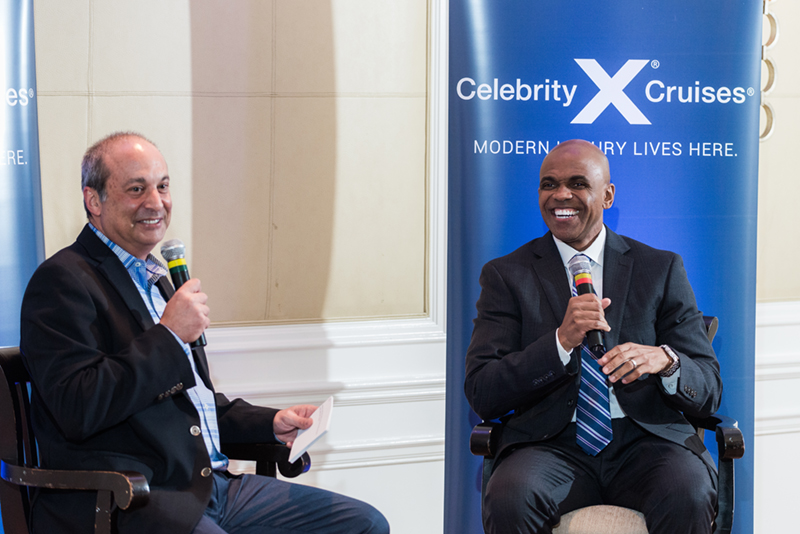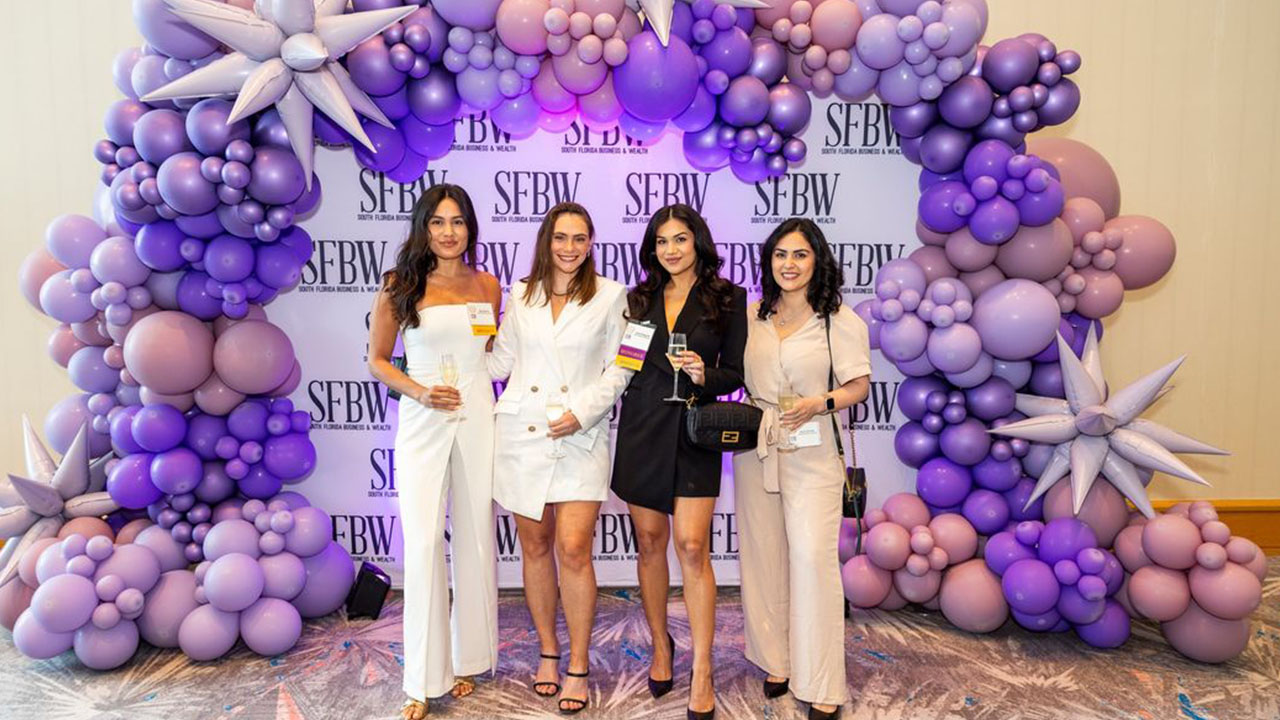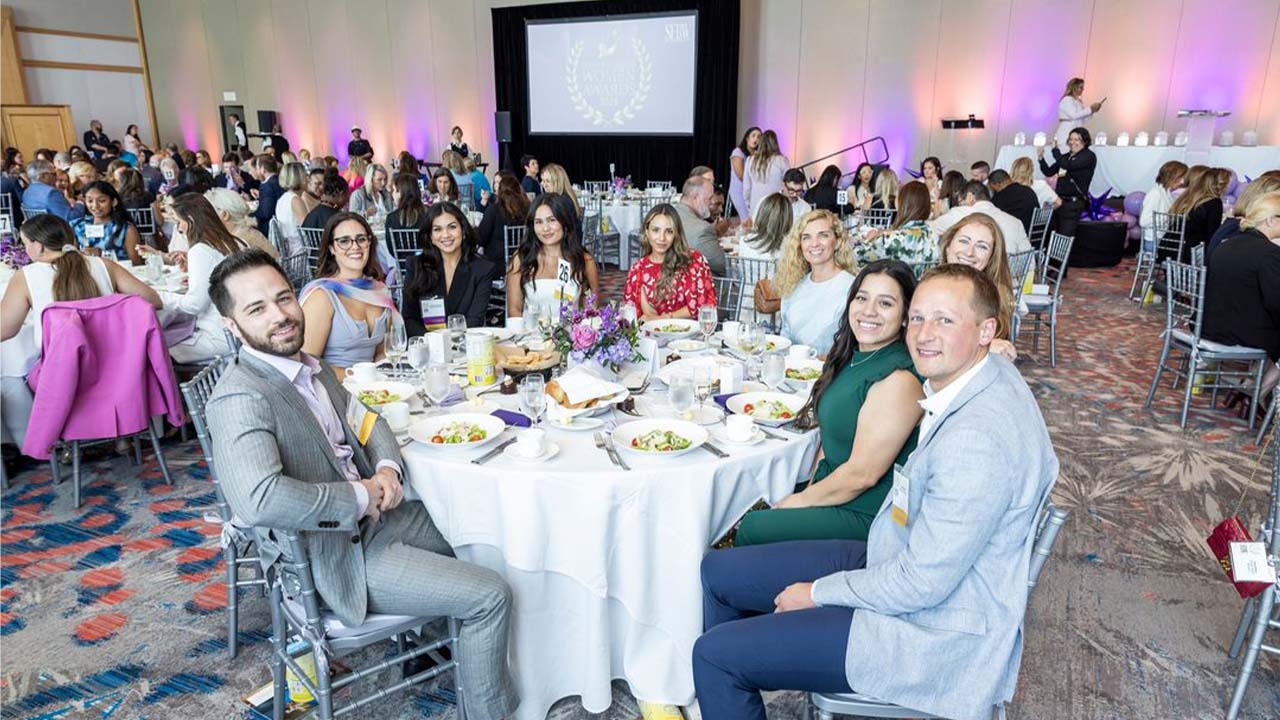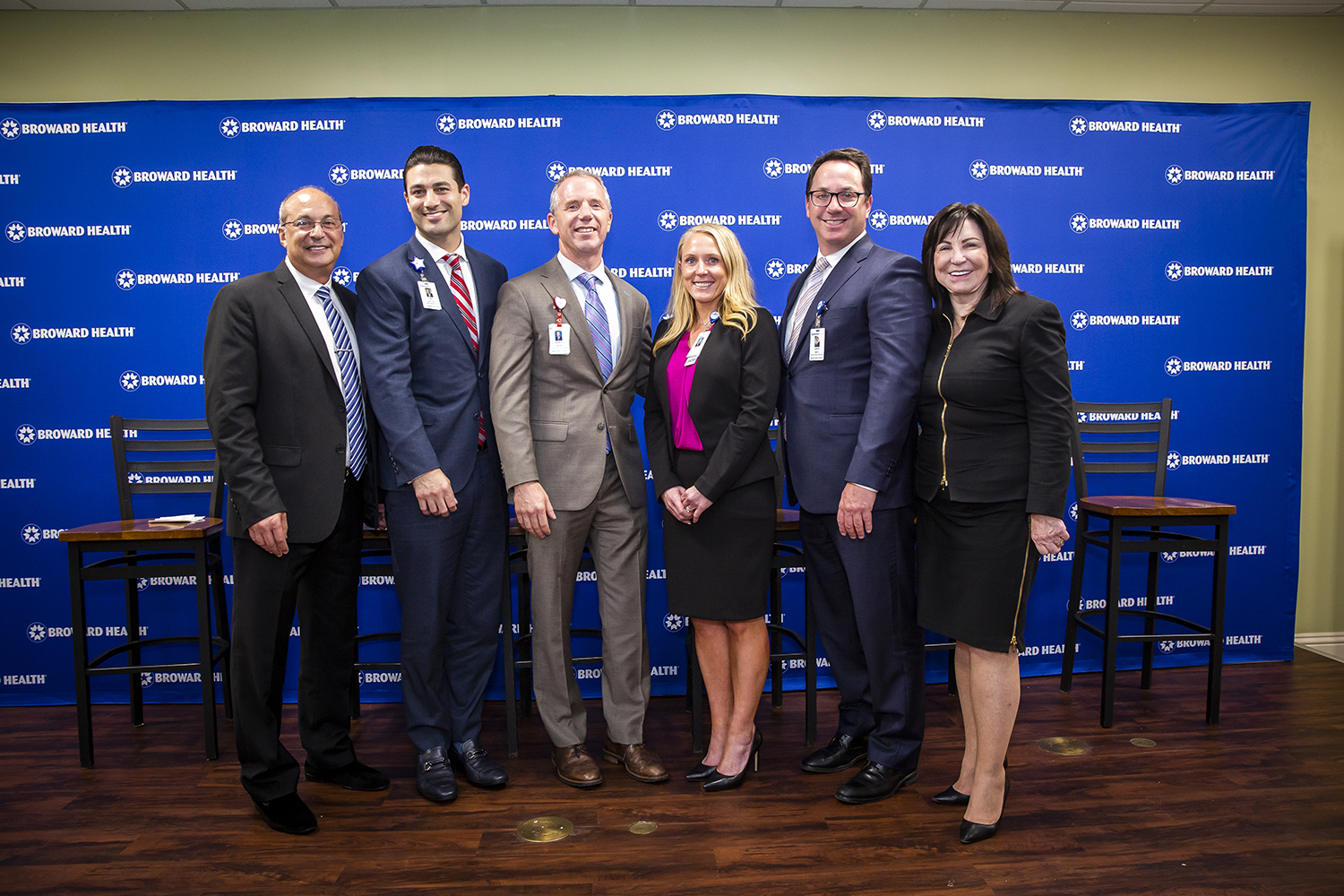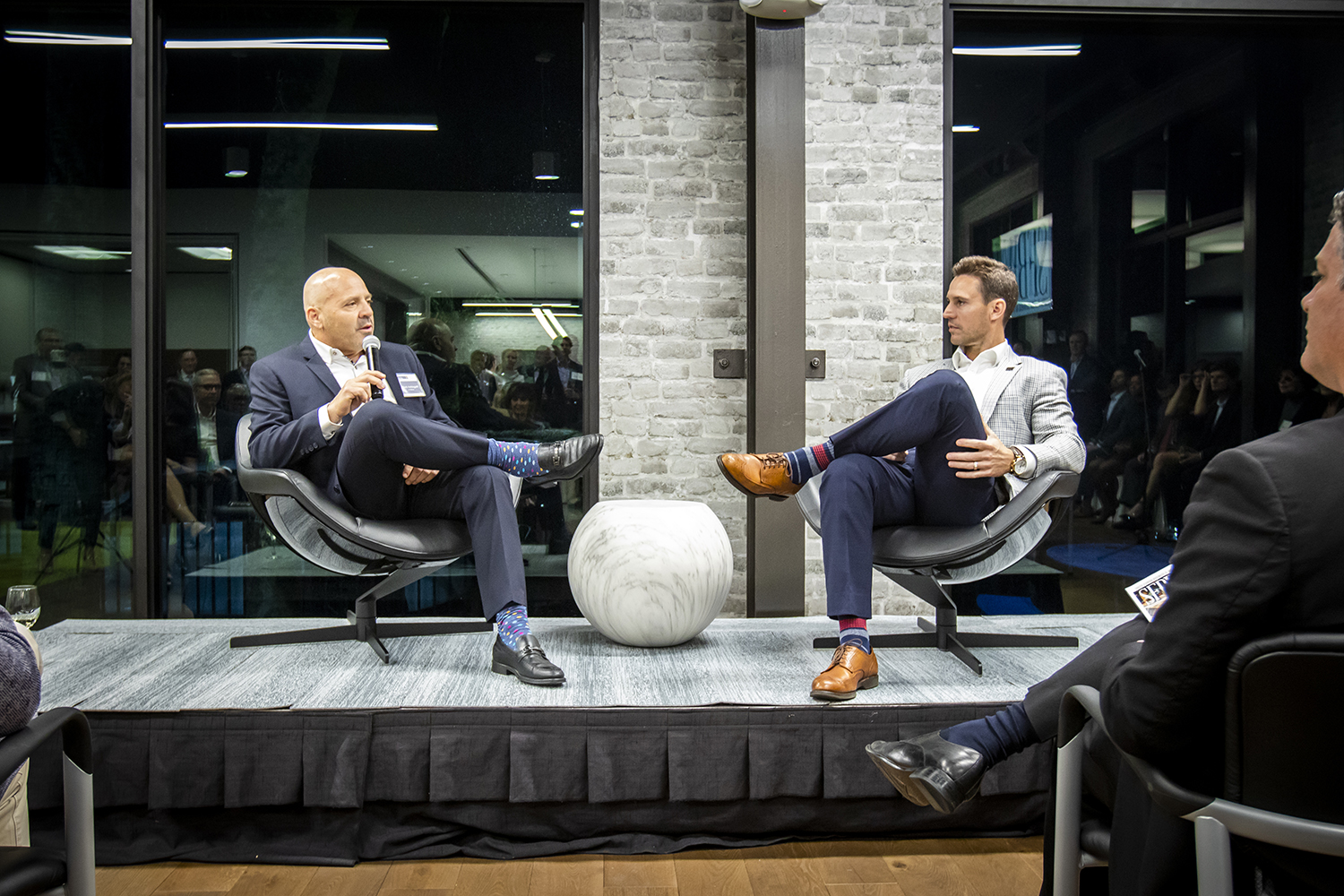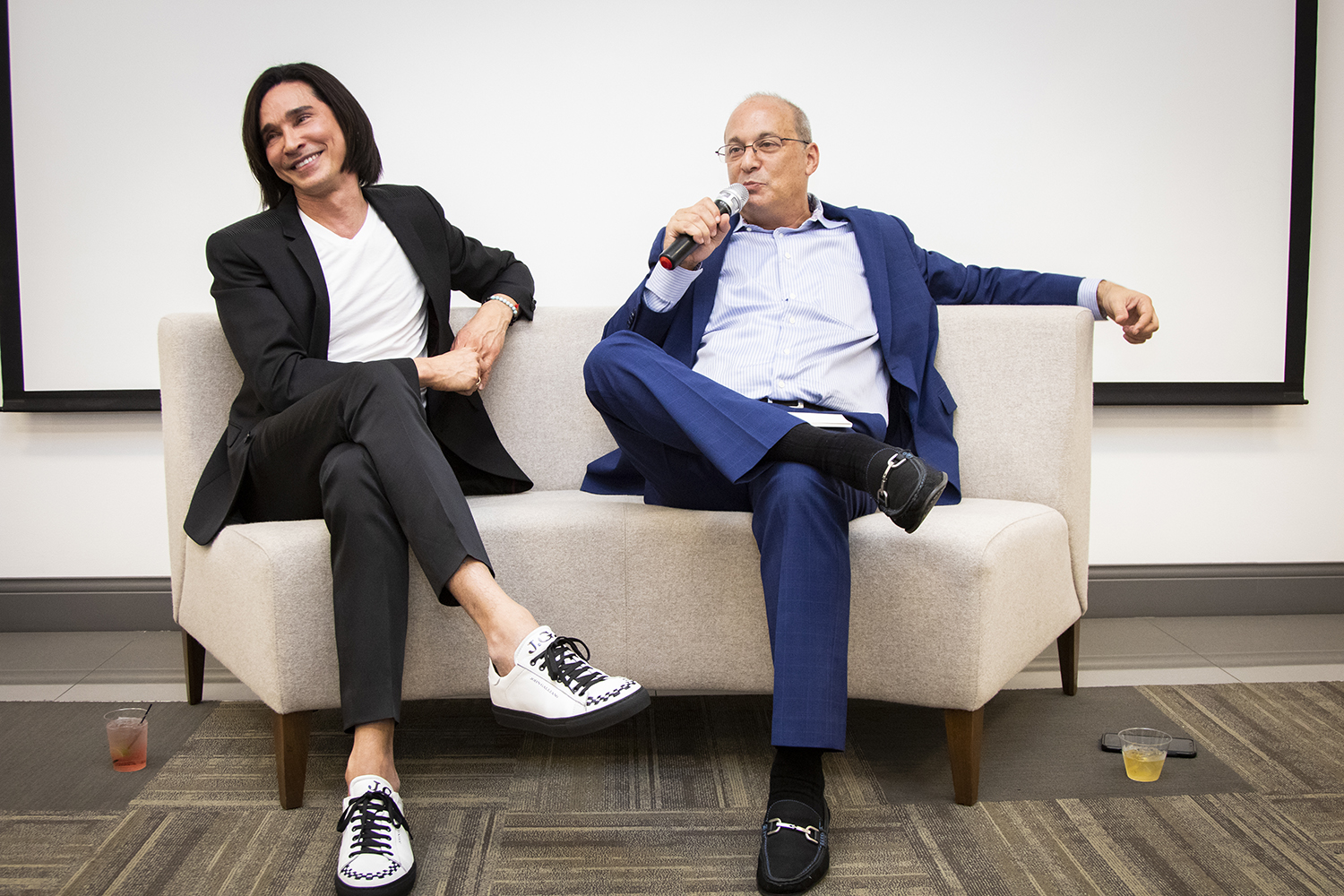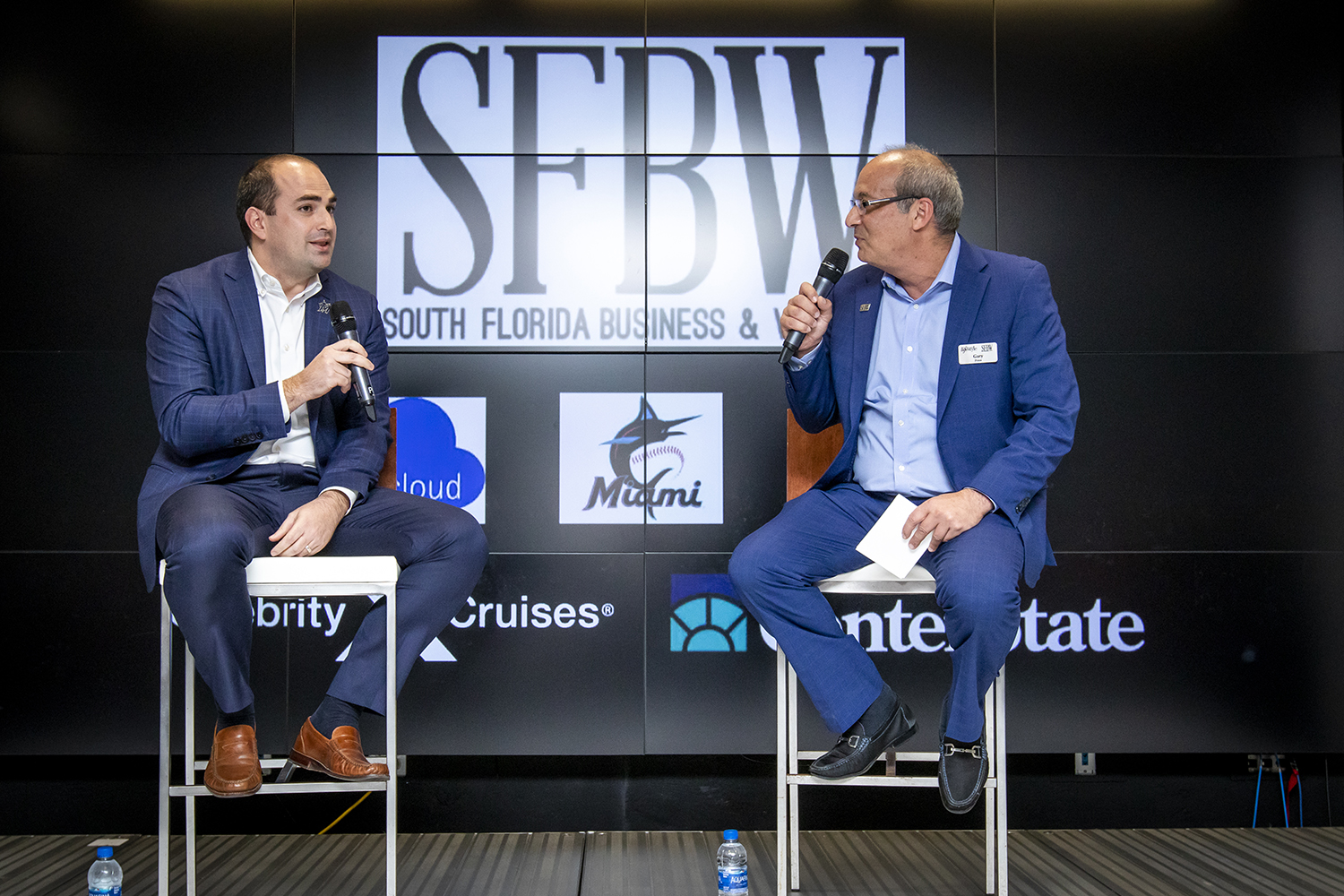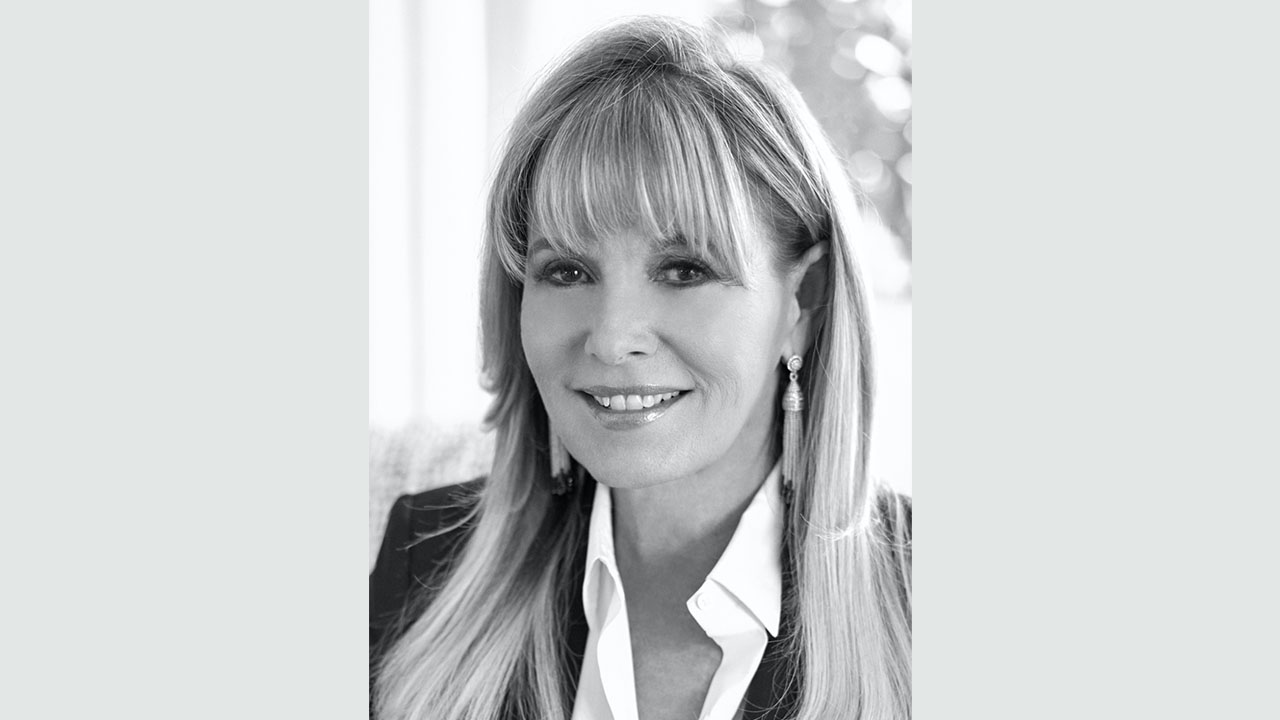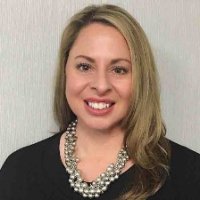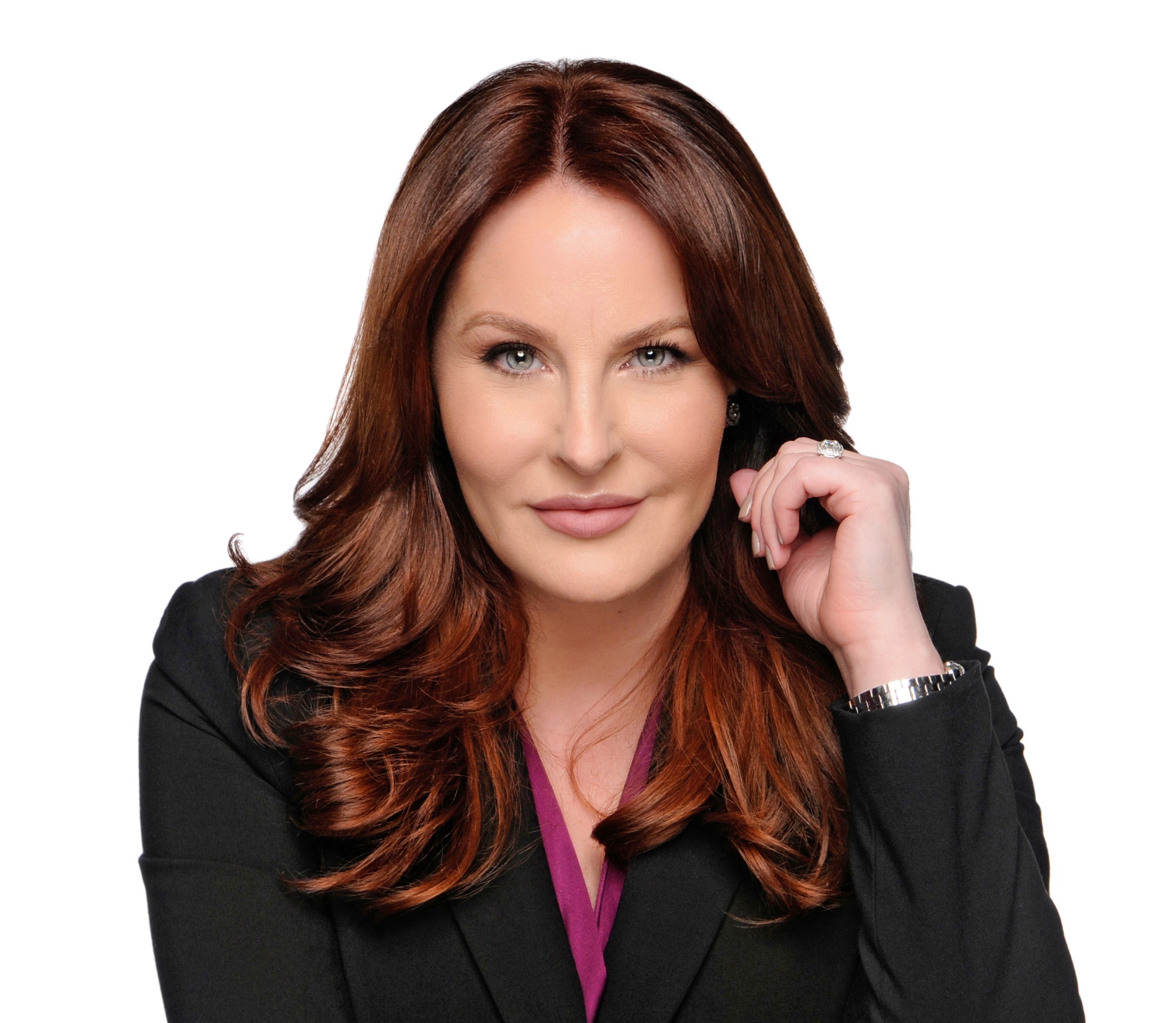CEO Eric Kelly’s foundation boosts health care in Palm Beach
Eric Kelly is the president of Quantum Foundation, which has given away $120 million to more than 450 health-care initiatives after being founded with the net proceeds of the sale of JFK Hospital.
Kelly is responsible for directing a multi-million-dollar community investment fund and overseeing all administrative duties of the West Palm Beach-based organization.
He works across business, not-for-profit and public sectors to ensure community improvement initiatives are sustainable and offer systemic solutions. He likes to create opportunities for young people from traditionally under-represented groups in health care. He is also a proponent of harnessing technology and innovation.
Prior to his current role, he was the foundation’s executive vice president. He was also director of agency relations at the United Way of Palm Beach County and regional vice president of Allegany Franciscan Foundation.
He has a bachelor’s degree in communications from Florida State University and a master’s degree in nonprofit management from Florida Atlantic University. Kelly lives in West Palm Beach with his wife, Kirra, and their four children.
He was interviewed by SFBW’s Chairman and CEO Gary Press at Eau Palm Beach Resort & Spa. The following transcript has been edited for brevity and clarity.
What’s your best advice for CEOs on how to work with their boards?
I’m a nonprofit guy and we work with boards as do many of you. There is one rule with working with boards: Never surprise them. Communicate, communicate, communicate.
What motivates you?
My faith, first and foremost. I know that’s not a popular answer in these contexts, but I am motivated by faith because of who I am. And my humble beginnings. Every day that I get up, I realize I have an opportunity to make the world a better place, one minute at a time. Some minutes are harder than the others. But I am motivated by that idea that I can help make the world a better place.
What led you to the field of philanthropy?
I stumbled into it. I literally worked for a nonprofit years ago, and I did what I tell everyone not to do. I quit that job and didn’t have another one. My wife and I just got married, no kids. We have four now, and a dog. And I quit the job and went to Atlanta for a week, put in applications, and came back to a job at the United Way of Palm Beach County. And I fell in love with the idea of taking wealth, resources and helping communities grow and thrive.
Can you give us an overview of the Quantum Foundation’s mission, strategies and what it funds?
The foundation was created out of the sale of JFK Hospital system. After the wind-down of the sale, about $140 million of that went into an endowment, and because we were formed out of the sale of a hospital system, our focus is health. Our strategies are around better engagement for individuals and their own health. We believe that health is a personal responsibility. We believe there needs to be greater access, so a lot of our work is making sure people have places to go for health care.
One of the things about Palm Beach is that we are rich in resources, but we are disjointed in so many ways when it comes to finding out where things are. So we try to make sure there is strength in the connections in the system.






You grew up in the projects, which helped spark your passion to help others. What was your life like as a child, and how did you break out and go to college?
It was hard. I grew up in the ‘hood. The thing I say about growing up economically poor is that I never knew that we were poor. My mom was a single mom, worked at the dry cleaners. I never knew my father, so I never laid eyes on the man who is my biological father. I went on to college and realized that my mom made $8,000 a year. My children eat $8,000 a month in food.
We never knew we were poor because my mom instilled values. She instilled the value of hard work and she would say: “Be kind to people.” I grew up in a small town, in the projects, and people in the country would call everybody “Baby” and say, “Be kind, baby.”
Growing up in the projects, it was hard. The stories that you hear about violence, about the need … it is all true. But the beauty about those environments and those neighborhoods is that you have people who really do care about their children, about their neighborhoods, and my mom raised us to be caring. My work in philanthropy is contoured by that. And I am empathetic to the people that we serve at Quantum Foundation and to all our partners in the non-for-profit sphere. The people who serve the community.
We had a little saying in the projects, it would go something like this: You’d go to your neighbors and knock on the door. And they would open the door and say, “Baby, what do you need?” And you’d say, “My mama asked if you got some sugar that we can borrow.” Sometimes, you didn’t have sugar. So, we learned how to share, we learned how to exchange. All the things that you need to be a community I learned in the projects.
Many kids today are growing up without dads, putting a burden on moms. How we can we change that, and educate young men that they have responsibilities and there are consequences to their actions?
I think it takes men in communities to speak to men in communities. And you choose a group of people who have succeeded in the anthropological and societal developments—it is when men speak to young men and create rites of passages. I have three boys, and with each of our boys, we do what is called passport to puberty. My wife did it with our daughter. I take them off for a weekend and I give them the lessons on how to be men. We don’t do that enough. So, I would say that men should spend time with boys—across the board and not just in any one community.
You home-school your kids. What’s the logic behind that?
My wife is a Montessori-trained educator. She loves teaching. The real reason why we wanted to home-school our children is not just for the academic development, but we really wanted to instill a certain core value system that we didn’t want to put on anyone else to do that. We wanted to do it, the way we wanted to do it. The fact that my wife is an educator, the fact that we wanted to have both the freedom to develop their core set of values and educate them while was really the decision. It was around character and our ability to educate them through my wife’s training.
Why Quantum?
Quantum for me, is the best of both worlds. I’m a nonprofit guy. I’m trained in nonprofits. I’m on the board of the Economic Council. Quantum Foundation for me is a balance between understanding the development of business—we were born out of a business—and doing the great work of community service. The board at Quantum Foundation, these are captains of industry and men and women who understand business, but they have heart for doing community work. And so we get a chance to be innovative. I get to dance on the edge of philanthropy a little bit more at Quantum than I probably could at anywhere else. So, that’s why. I get more of an edge there.
You worked for the Florida Department of Education in Tallahassee for a while?
I did. I started right out of college. You know, government is a trip.
What are your feelings about President Donald Trump?
Oh, no. Speaking of why Quantum, I like my job at Quantum.
So, back to working in state government, I learned a lot about bureaucracy, and, in some cases, there is a need for it and in other cases you wonder why we should do it. But in the Department of Education, because we had a footprint all over the state when I was a much younger man, I had a chance to see all the counties and I had a chance to go out and visit. And that started for me a broader view of community work, working for the Department of Education.
Palm Beach County has some of the wealthiest people in the country along with some of the poorest. How can we better connect them for the benefit of both?
In this room tonight, we have represented some of the most successful entrepreneurs. We have entrepreneurs, we have business folks, we have our nonprofit chamber. If we can get this room to begin talking about the community in a different way, if we can start to talk about why your company needs families first, because the women who come to work for you—and you may not know it—may need families first and caring for their children. The more we can do this, we can galvanize this room, and thank you for letting a nonprofit guy to come and be part of a business forum because this is more of what we need to do more of this. When we do this, we can have that exchange, not just of money. Money is a byproduct. It’s the hearts that connect, because at the end of the day, if you’re for profit or for not-for-profit, you still care about people in the community
Faith plays a big part in your life. You recognized a calling to the ministry in 1995 and later started new congregations. What are the similarities and differences between doing a congregational startup vs. a business startup?
The similarities are around mission, and the differences are around motive. And not that there is a bad motive in business, because the motive is to create bottom-line profit, which you can reinvest in business, which I believe then you can do more community work. In the church, people want to be on a mission. For every one of your businesses, you have mission statements, right? The people come to the corporation to follow a mission. So everybody wants to be on mission. What I’ve learned as a pastor—I’m an ordained pastor—is that I believe in the workforce, people want to feel a part of something. They want to feel a part of something bigger than who they are. So, the similarity is mission, and part of the difference is around motive and in business we create margin and profit bottom line to reinvest. In ministry, we convert. We want your soul.
What, if anything, keeps you up at night?
Nothing, because I love my sleep. My children keep me up. The one thing that concerns me deeply is the lack of stability in humanity right now, and our society it is devolving. I don’t lose sleep over it, but that’s the thing that penetrates my heart.
It’s kind of scary to look at the world these kids are going to inherit.
There will come a point in time when civility will demand her place in our society. And I say that because we can only devolve for so long until civility will revolt and say, “Let’s behave.” And I’ll go back to where I began, to what they would teach us in the country, where my mother said, “Baby, be kind.” Because the one thing about it is, going up whatever ladder, you never know who you’re going to meet on your way down. So, at some point in time—I don’t know when, and I don’t think it is political, it’s a matter of humanity—civility’s voice will cry out and demand her place. And we will just have to then get along and treat each other with kindness.↵
South Florida Business & Wealth’s CEO Connect series is an exclusive, invitation only monthly event that brings together South Florida’s top business leaders to meet, mingle and talk amongst their peers. Presenting Sponsor is Celebrity Cruises, Gold Sponsors include Greenspoon Marder, Shorecrest Construction, TD Bank, Optime Consulting and Eau Palm Beach Resort & Spa. The evening begins with a cocktail reception for about 100 guests followed by the highlight of the event, a live interview between Gary Press, Chairman & CEO of SFBW and a prestigious C-Level Executive providing insight into their personal lives, careers and views on issues affecting the business community. Partnering with SFBW on this exclusive event will provide the opportunity to network with the area’s business elite, generate new business opportunities and increase brand awareness in the community. For more information about event sponsorship opportunities, please contact Clayton Idle atcidle@sfbwmag.com.


